How can we reform the criminal justice system to protect rape victims?
As the case of a teenager convicted of lying about being gang-raped in Cyprus dominates global headlines, Rose Stokes speaks to survivors in the UK, where many will never see justice


Rape is once again dominating the headlines in the UK. The context is different this time, and involves a foreign criminal justice system. But the story – and its treatment in the press – bears the hallmarks of the “trial by media” we have become so accustomed to witnessing when it comes to reported cases of rape in this country.
The victim is a young female Brit who reported being raped by a gang of up to 12 men while on holiday in Cyprus. The 19-year-old later retracted her statement after a lengthy police interrogation in which she did not have a lawyer present. However, she later said that she was forced to withdraw her case by the Cypriot authorities. Nonetheless, on Tuesday, she received a suspended sentence for “public mischief”, which could potentially result in future incarceration. For a teenager who, according to her family, has been diagnosed with PTSD following her experience – like so many other rape survivors – the prospect of serving prison time abroad must be terrifying.
The case has prompted international outcry and criticism of the Cypriot criminal justice system. It has also rightly encouraged a comprehensive and meaningful discussion in some corners of the internet about how rapes can be better prosecuted, as well as attempts to debunk traditional characterisations of what rape victims should look like or how they should behave. Many have criticised the Mediterranean island’s criminal justice system, its culture of misogyny, its treatment of rape victims and its inability to convict rapists – all of which is merited.
The sad reality is, though, that while it is easy to attach an other-worldliness to stories that happen in foreign lands – to criticise from afar – closer to home the experience of rape victims is no better.
There is a new government in Westminster, whose campaign ticket ahead of the 12 December election fell far short of committing to ending violence against women once and for all. The issue – like so many other pressing and urgent matters faced by British citizens – instead lost precedence to Brexit.
And yet, the latest statistics on convictions for domestic abuse and rape cases, where women are the most frequent – but not sole – victims, reveal that convictions for both are down, despite increased reporting. For Kate Russell, a spokesperson for Rape Crisis England and Wales (a publicly funded support service for rape victims), this is nothing short of a “national emergency”, and should be top of the new government’s policy agenda.
When you look at the raw statistics on rape, it’s hard to disagree. Data published in the Annual Violence against Women and Girls Report in September 2019 by the Crown Prosecution Service (CPS, which operates across England and Wales) reveals a 32.8 per cent reduction in prosecutions in the year to end-March 2019. At the same time, convictions fell by 26.9 per cent to a 10-year low (for a total of a 51 per cent drop in five years). Curiously, though, the conviction rate during this time has – according to the CPS – increased from 58.3 per cent to 63.4 per cent. This is despite the fact that Ministry of Justice data shows that reported rapes increased by 9 per cent in the 2018 calendar year. Roughly translated, that means more reported rapes with fewer resulting in prosecutions and conviction, and yet the headline conviction rate looks to be improving.
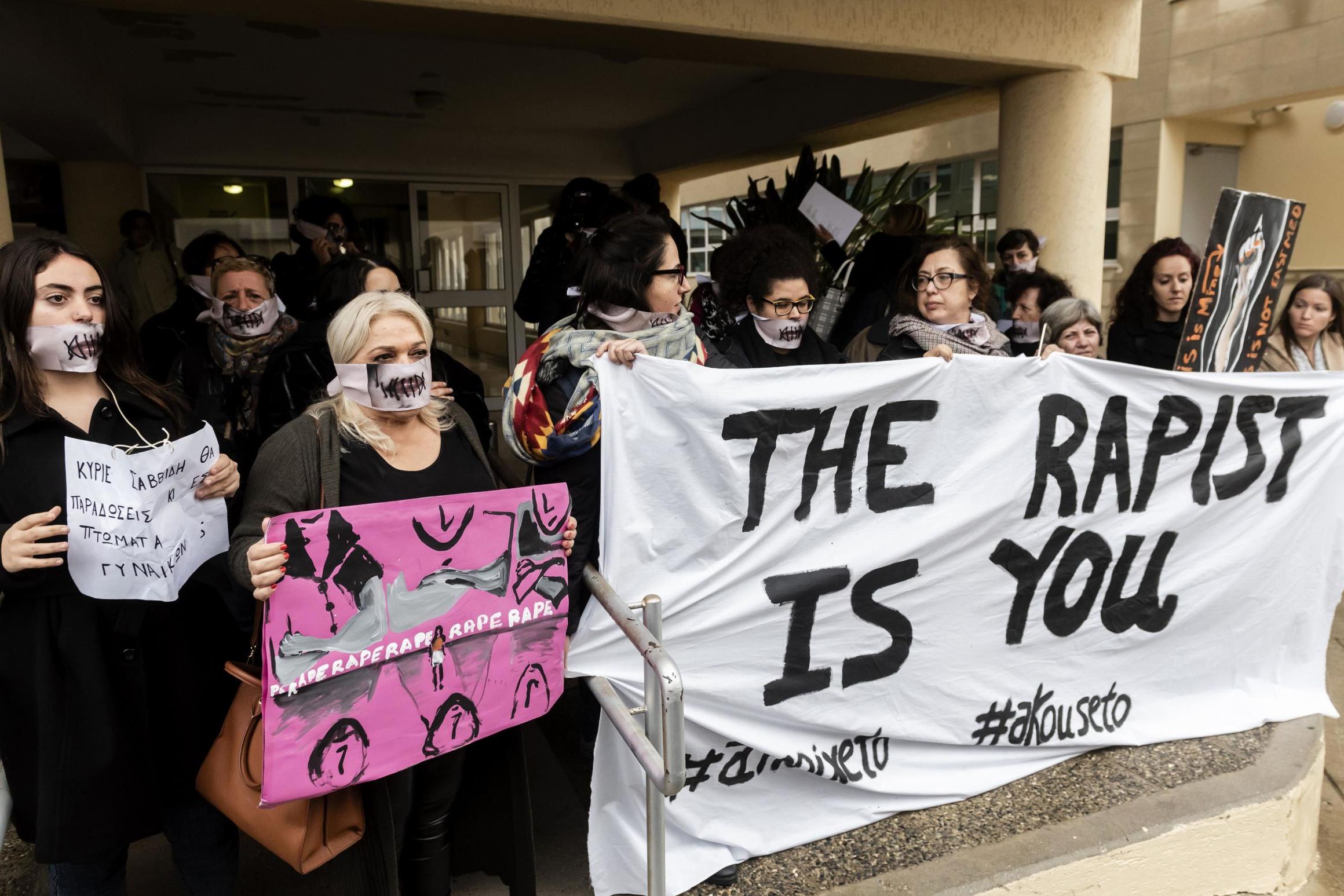
The reasons for this discrepancy were revealed by the Law Gazette in mid-November last year, in an article exposing the implementation of “unofficial” methods to hit an internal target at the CPS – known as the level of ambition – by dropping “weak” cases (those with a lower likelihood of conviction). In the article, the CPS admitted that this could have created a “perverse incentive” for prosecutors to drop cases that may ordinarily have resulted in a charge. Traditionally, decisions on whether to prosecute in a rape case have been made on a “merits-based approach”, which considers two factors: whether or not the defendant poses a danger to public safety and if there is at least a 50 per cent chance of conviction. For Russell and other campaigners, this represents a “dangerous shift” in how the CPS is approaching rape cases – one that disadvantages victims.
In a press release accompanying the CPS report, Max Hill QC, director of public prosecutions at the CPS, said: “Rape is an awful, sickening offence and I completely understand why the fall in charging rates is so concerning.” He promised that the CPS would open up its charging decisions to “further scrutiny” in a bid to assist government-led investigations into what is going wrong.
The perfect victim doesn’t exist, and a woman can still be raped by a sexual partner, when intoxicated, if she is provocatively dressed or if she has previously consented to sex with the same person
But the End Violence Against Women coalition, alongside the Centre for Women’s Justice, wasn’t satisfied with this response, and subsequently brought formal legal action against the CPS by way of a judicial review containing 21 cases they believe had compelling enough evidence to convict but were dropped.
All of this comes at a time when – according to a leaked government report – almost 50 per cent of rape victims in the UK are dropping their cases, even after a suspect has been identified. The reasons for this are manifold, but what is clear is that victims have lost faith in the judiciary to deliver justice, which one would reasonably expect to be its primary objective.
“I just wouldn’t advise anyone to pursue legal action in a rape case now,” says Jade*, a victim whose case was dropped after she refused to consent to signing what is called a Stafford Statement, which in effect would have given the police permission to scour her phone, social media and email accounts for evidence. “If I’ve learned anything from my experience, it’s that reporting the crime suspends you in trauma for as long as it takes the investigation to conclude, which could be years. And why bother, when the likelihood that it will end in conviction is so low?”
It is a worrying trend that has also seen many victims waive their right to anonymity to highlight their traumatic experiences with the justice system, in the hope that it will drive change. For Bonny Turner, being out in the public eye and speaking openly about her experience has helped her to find a sense of purpose in her trauma.
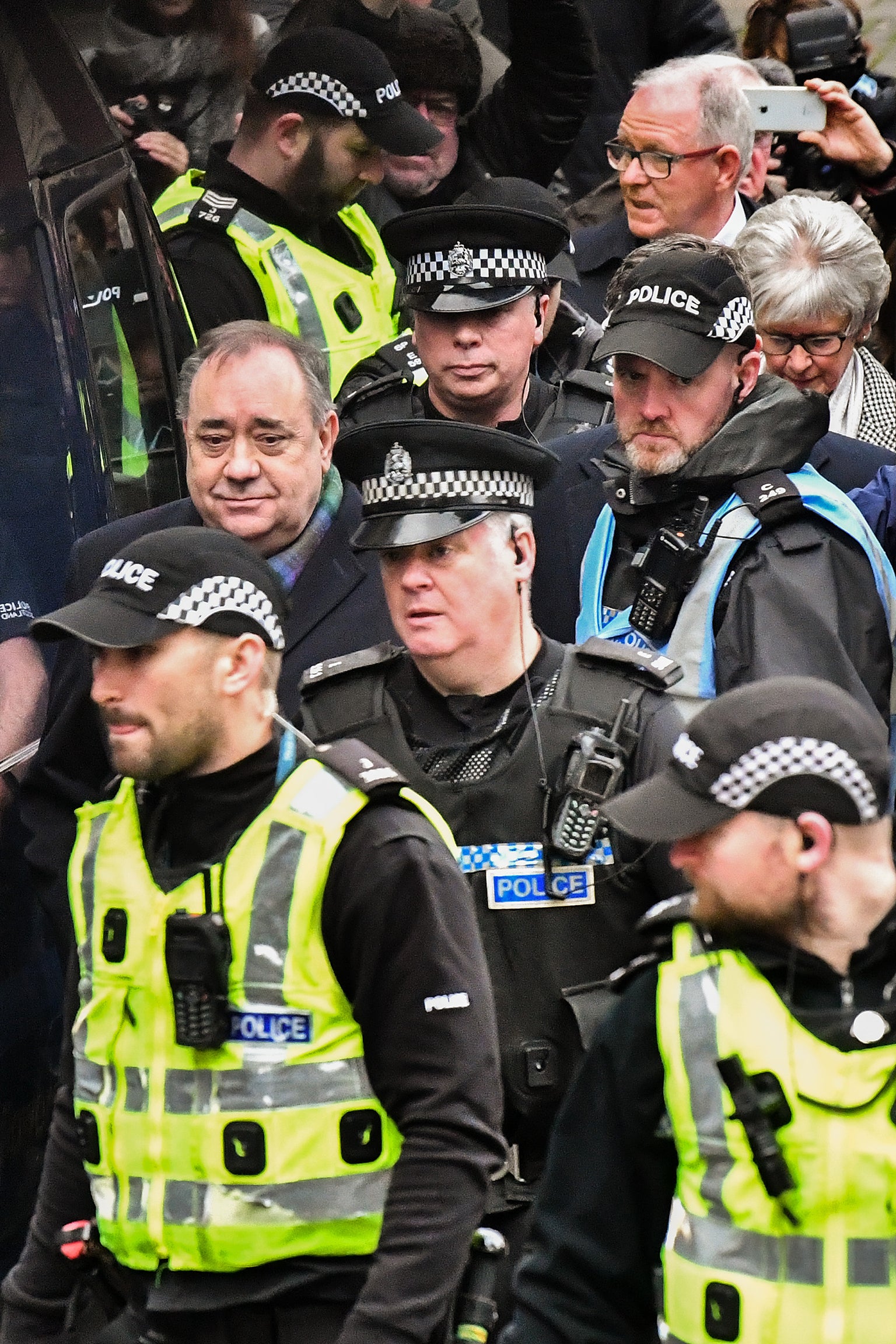
Meanwhile, Lucy*, a nurse whose rape case was dropped by the CPS because of a lack of evidence – despite doing “everything right” – tells me that it’s not surprising to her that so many people are deciding not to proceed with prosecution. “The investigative process is incredibly invasive,” she tells me. “Many women don’t want their data and internet search history to be scoured through by a police investigator whose primary objective is to discredit you.” But beyond that, she believes that the stigma that is heaped on rape victims puts people off reporting – or even sharing their experiences. “Maybe it’s human nature, but a lot of people seem to struggle to believe rape victims. I’ve lost close friends and had to stop speaking to certain family members because of my experience, and both my career and dating life have suffered as a result of speaking out. Who would choose that?”
Rape Crisis calculates that 85,000 women and 12,000 men are raped every year in the UK – a total of 97,000 people. Of those, it estimates that just 15 per cent report. False reports of rape do happen, but they are much, much rarer than public perception would suggest. The oft-quoted estimation of David Lisack published in 2010, who at the time was a lecturer at the University of Massachusetts, puts this at as few as between 2 and 8 per cent of cases.
Nonetheless, Home Office data shows that in the year ending March 2019, just 1.5 per cent of reported rapes resulted in a charge or summons. It undermines the credibility of what Siobhan Blake, the CPS lead for rape, calls a commitment by the organisation to “charging and robustly prosecuting cases whenever it is right to do so”.
It is clear that something needs to change. But where should we start? How can we reform the system to better support victims? What would those reforms look like? Do we need to amend the law? And – crucially – how much would this all cost?
Let’s begin with the issue of money.
“Resourcing is one of the biggest problems facing the criminal justice system,” Russell tells me. Like many other public services, the criminal justice system has been hit hard by austerity. Over the past decade, the police force has been stripped of over 20,000 officers, which has resulted in depleted capacity for those remaining to investigate crimes. According to Kavita Jaidev, a helpline coordinator at Solace North London Rape Crisis, this has led to a “consolidation of the system”, meaning that “crimes like child abuse, rape and domestic abuse, which were once allocated to different teams, are now falling under the jurisdiction of one team.” Not only does this impair the ability of each officer to give cases their full attention and ensure that specialists are assigned to the right cases – but it wears them out. “The caseload is ridiculous, and we’ve seen many police officers leave their jobs completely burnt out.” If Boris Johnson makes good on his campaign promise to replenish the police force of the 20,000 officers it had lost, it would certainly help matters.
97,000
people are raped each year
Austerity has squeezed every single part of the criminal justice system since 2010-11, reducing its overall operating budget by as much as 25 per cent. This has also contributed to a shortage of judges and court days, as well as legal aid available to support the financially disadvantaged. In January this year, Geoffrey Cox QC, the UK’s attorney general, warned MPs that the budget of the CPS, in particular, had been cut by 30 per cent, reducing its ability to prosecute the increasing numbers of reported crimes. “The resourcing coming from government for those services has not increased by anywhere near the proportion needed to meet the growth in demand,” Russell says.
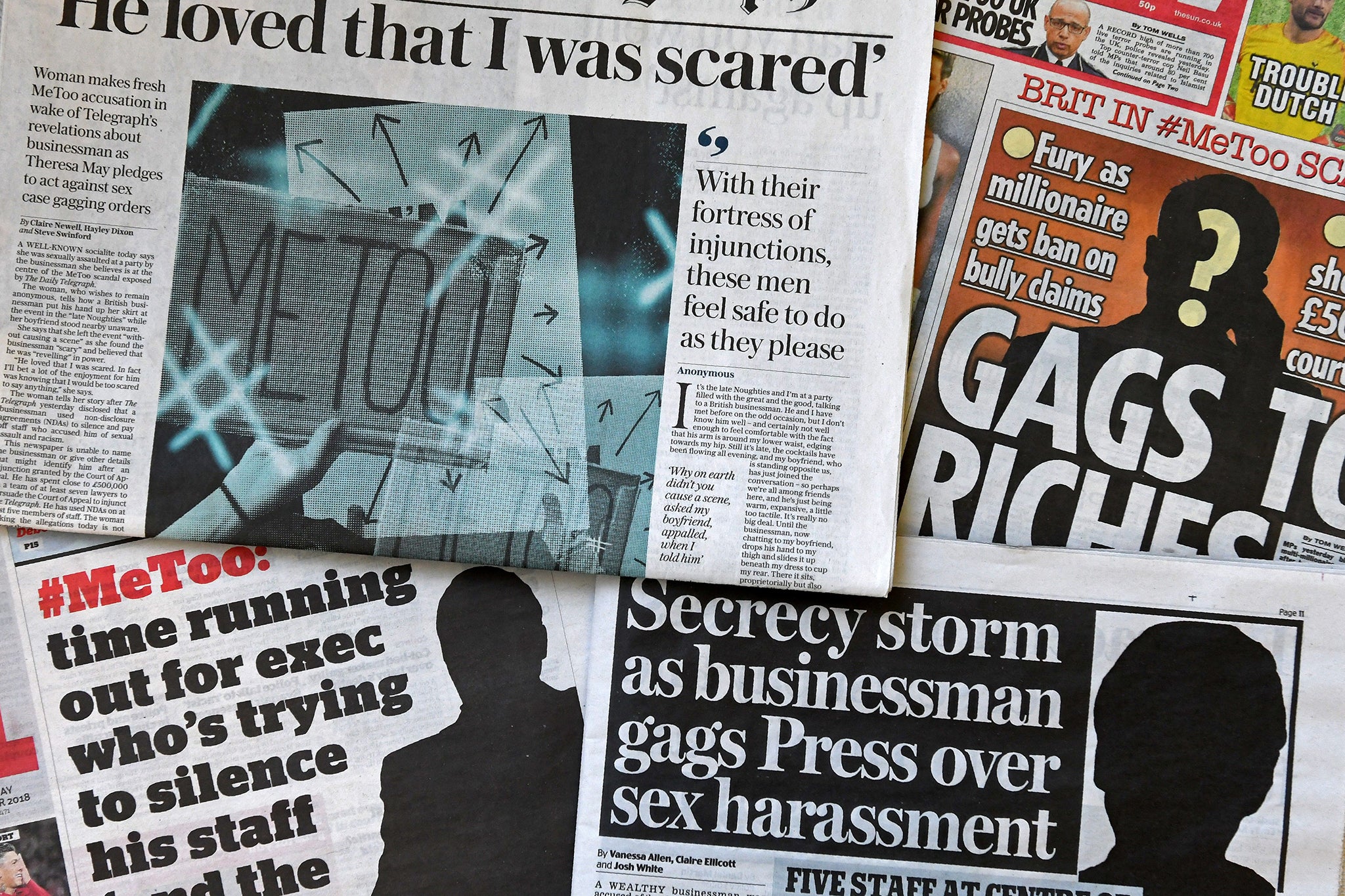
Independent support services, such as Solace and Rape Crisis, have also suffered funding setbacks. As Russell explains, these “services already exist, but they are not in every area. And where they are, there needs to be more of them.” She believes a more sustainable funding model is required, one that looks beyond 12-month cycles. “Around this time of year,” she continues, “we get to a point where the money’s running out at the end of March, and we’re not sure whether we’re going to have funding for all of our projects, which, as you can imagine, is incredibly stressful, not just for the staff members involved whose livelihoods are insecure, but also for the service users. And these trials may take two years or more to reach a conclusion, and we know that victims need consistency in the support they receive to avoid later being diagnosed with conditions such as PTSD.”
Changing the way that victims are dealt with by the system would also make a huge difference. Of the five victims I spoke to when researching this piece, there were three clear reforms that they all believed would make a huge difference. The first of which is independent advocacy from the very beginning. “If the suspect has access to a lawyer from the start, so should the victim,” says Rebecca*, whose case was dropped soon after the Liam Allan conviction was overturned – despite the fact she had compelling evidence and that her attacker had previously served time for assaulting a partner. “This would help victims to navigate a complex system that is more often than not completely unknown to them, and avoid missteps or doing or saying things that may have an impact on the success of their case.”
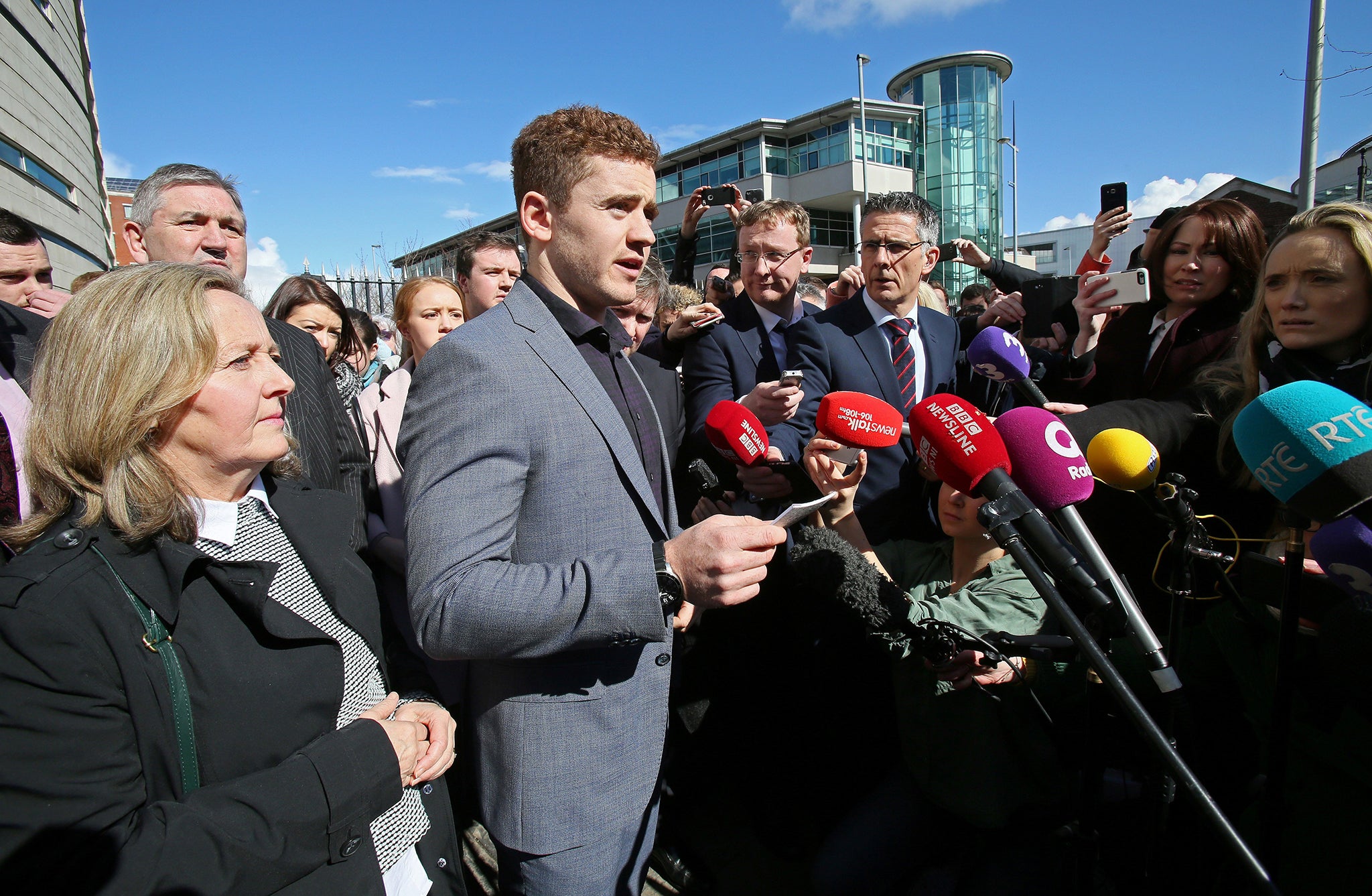
In Norway, for instance, this is the norm for every single person who reports a sexual assault, the cost of which is covered by the state. “Every victim is entitled to three hours of free legal advice before even reporting a rape,” explains Thomas Benestad, a Norwegian lawyer who defends rape victims. Although, he says, conviction rates are not particularly high in the country, they still offer “comprehensive support to victims, regardless of the outcome of their case.” For Turner, whose case collapsed even after a written confession from her attacker, this would make a huge difference. “If it’s not possible to offer free legal counsel for all victims, then it should at least be the case for homeless people, women in abusive relationships where they have no access to their finances, or people on benefits – we need to look after those most vulnerable,” she says.
Second of all, the whole criminal justice system needs to be “trauma-informed”. This means that from the very top level even down to jurors, people need to understand how trauma affects the brain, and the wide variation in human responses. “So many cases are thrown out because a victim didn’t look or act a certain way,” Rebecca says. “There’s this myth about ‘fight or flight’, but actually we know that a lot of victims freeze in the moment and later internalise their experience, which is also a completely normal response. The perfect victim doesn’t exist, and a woman can still be raped by a sexual partner, when intoxicated, if she is provocatively dressed or if she has previously consented to sex with the same person.”
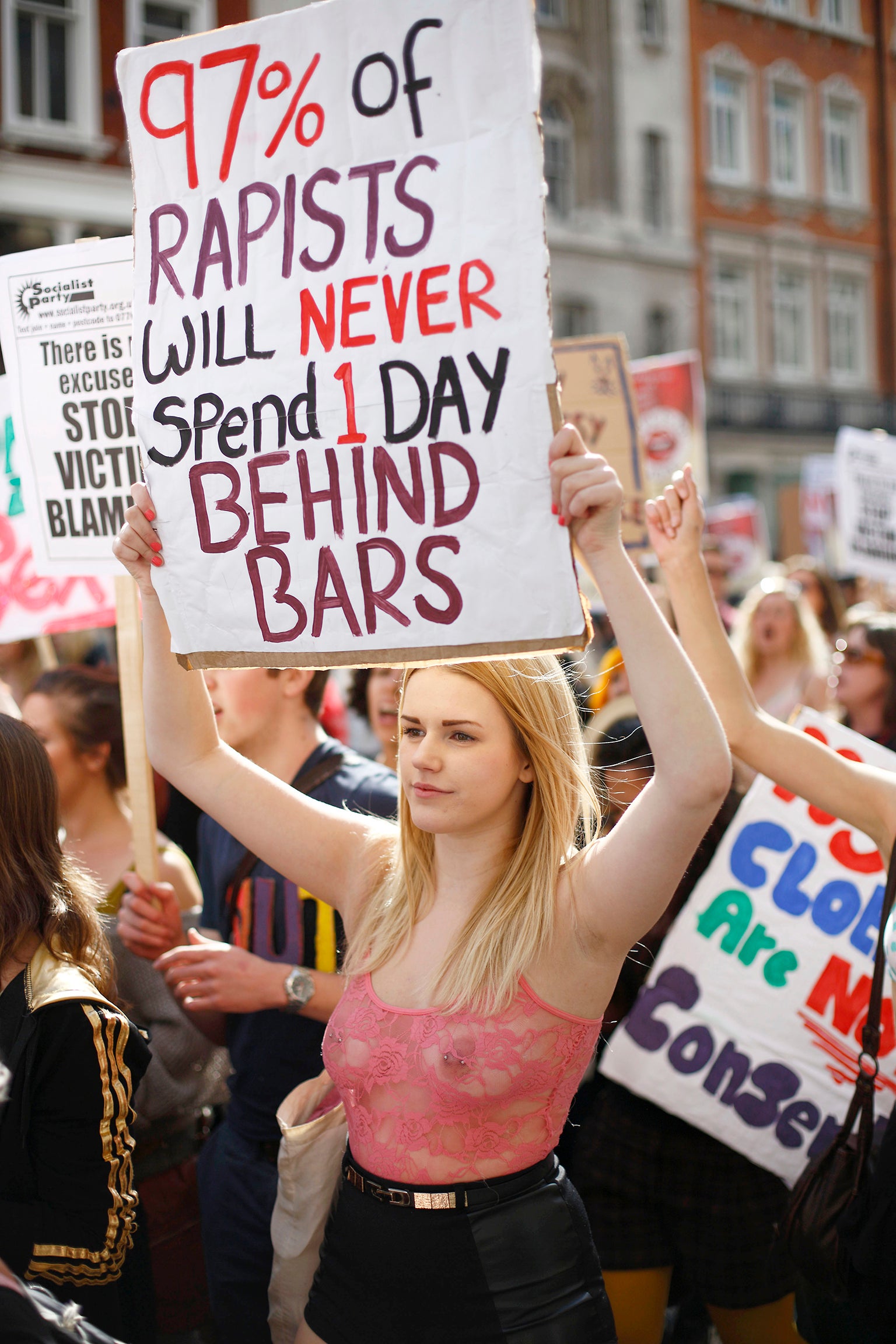
As Russell explains, government-led campaigns have made huge gains in changing public opinion over the past 50 years. “You only have to look at how we, as a society, view drink driving or wearing a seatbelt to understand how influential educational campaigns can be,” she says. “The impact that similar initiatives could have on sexual relationships, rape and abuse across the board is huge.”
Finally, reforms to safeguard women’s privacy throughout the investigations are crucial. The “digital strip search” has received a lot of negative press over the past year and, Jade believes, deters many victims from reporting. “The private lives of victims should never be open to investigation unless there is strong evidence showing a need for this,” she tells me. “For me the thought that aspects of my private life could be seen by anyone – but especially the police and the man who assaulted me through disclosures in court – was what made me drop my case.” It also drains the police of bandwidth during the investigations, because of the time it takes to rake through the huge amounts of data held on smartphones. Added to this, victims’ counselling records are – under the current system – allowed to be accessed as part of the investigative process. This means that victims often aren’t able to access vital support until much, much later, by which time their trauma may have intensified. All five of the victims I spoke to were later diagnosed with PTSD, which, Turner was told, worsens over time if left untreated.
For Russell, a big issue is the implementation of the existing law, rather than the law itself. “The 2003 Sexual Offences Act, is actually a pretty good piece of legislation,” she says. “The problem is that it is not being properly implemented.” For instance, she says, “in the law, as it’s written, there is a burden on the suspect or defendant to explain how they actively sought and reasonably believed they had gained consent. And yet in practice, we know that suspects are not being properly questioned or challenged on this point.” All this, she believes, points to the importance of educating law enforcement professionals on how to apply the law, which, she says, “would have a much quicker and more tangible impact for victims than any kind of legislative reform, which could take years to pass and then implement.”
What is clear is that the criminal justice system in its current state is not working when it comes to rape. Whether the solutions are policy-driven, cultural or even budgetary, there needs to be cross-party consensus and a commitment to drive progress forward in a way that reflects the immediacy of the threat. “It has to be an absolute priority that there is a complete overhaul in the way these cases are investigated and prosecuted,” Claire Waxman, London’s victims’ commissioner, tells me.
Political upheaval and the frequency of general elections over the past few years have certainly frustrated progress in almost every area. In September the CPS committed to a raft of initiatives to improve the way that victims are handled within the system, as well as scrutinising how rape charging decisions are being made, as part of a cross-government review. Russell considers the “ideological shift away from the merits-based system” to be the most important issue that the body must address.
There is no silver bullet. But absent any wholesale reform to the criminal justice system, there are many relatively small adjustments that would help to improve the victim journey, and – hopefully – prevent so many from dropping their cases.
“For most people rape is considered the worst thing that could happen to a person other than murder,” says Russell. “We can no longer ignore the fact that the system in its current form is failing victims. It’s also failing to protect wider society from criminals.” The new government has a mammoth task on its hands if it is seriously committed to tackling this issue. Until it does, we are not in any position to judge other countries on how they deal with it.
*Some names have been changed to protect the victims’ right to privacy
Join our commenting forum
Join thought-provoking conversations, follow other Independent readers and see their replies
Comments